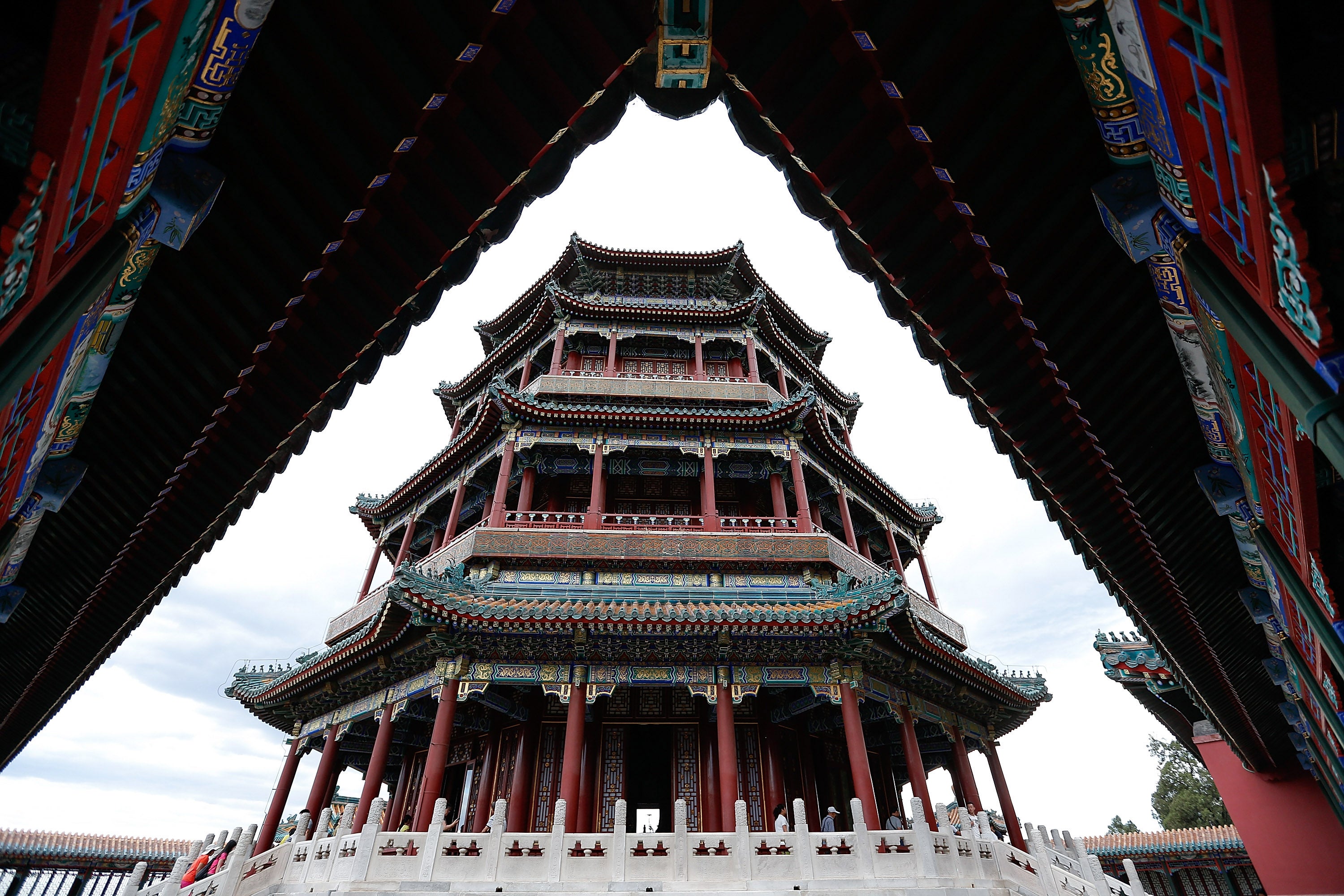Satyajit Das: Reform can’t be irresistible if China’s system is immovable
Increased suppression casts doubt on the efforts of the Chinese Government to deal with corruption in a transparent and accountable manner, reports Satyajit Das

The reform process set in train in China to deliver consumer-driven economic growth must meet welfare, demographic, environmental and governance challenges.
An increase in consumption requires rises in household incomes, reduced savings or a combination. That, in turn, requires higher wage and employment levels. A boost to consumption will also entail reform of the welfare system, especially health, education and pensions. Even though government expenditure in these areas has doubled, it remains around 6 per cent of GDP – against an OECD average of 25 per cent.
With the effects of favourable demographics and rapid urbanisation slowing. China’s workforce will peak within four to five years and then shrink. The Government has taken steps to relax the one-child policy, but any meaningful change will take a generation to bear fruit.
Large productivity gains achieved by subsistence farmers moving to cities and manufacturing jobs have slowed. A crucial element is the “hukou” system, which requires each citizen to register in one and only one place of (permanent) residence. This classification defines an individual’s rights and eligibility for welfare and services (such as public education and housing) in a specific administrative area. The hukou system means that increases in the degree of urbanisation may not equate to a growing middle-class with rising incomes, as assumed by foreign analysts.
The authorities have moved to reduce discrimination against rural workers moving to townships and small cities, but reform of the residency system is likely to encounter resistance. First, local governments fear reduced job opportunities for local residents and budgetary pressures to meet the demand for welfare, services and amenities.
Second, a crucial element of any change is the ability of rural citizens to sell their property to free up capital. Vested interests have held up changes in the Land Administration Law necessary to implement the reform. Defined and transparent property rights would make it more difficult for local governments to appropriate land arbitrarily for building infrastructure, factories and urban housing.
Local governments are reliant on using requisitioned land as a source of revenue, either by selling it to developers or putting it up as collateral.
Third, further urbanisation would exacerbate overcrowding in cities, environmental problems and also social issues such as rising levels of income inequality. It would also strain the ability of local authorities to manage congestion and provide adequate services.
Environmental degradation and resource constraints, especially water, have increasingly been identified as brakes on current rates of growth. The authorities have spoken repeatedly of their commitment to improving environmental conditions.
But in reality, this clashes with other objectives. Dealing with environmental issues would adversely affect economic growth, for polluters are often large taxpayers and employers. Frequently, they are state-owned enterprises or have close links with the Government.
Meanwhile, rising social inequality and growing criticism has forced the Chinese Government to implement measures to control corruption. There have been initiatives to reduce extravagance and punish “tigers and flies” (officials at all levels of the party) suspected of corruption.
President Xi has banned excessive spending on entertainment, taking expensive dishes such as shark fin and bird’s-nest soup off the menu at banquets, and counselling cadres to make do with “four dishes and one soup”.
Public displays of opulence are now officially discouraged. Amusingly, 56 five-star hotels in China requested a rating downgrade to avoid being classed as luxury hotels, preventing them from hosting government functions or officials.
The Stalinist purges and show trials have been effective in showcasing the Government’s efforts, and also in removing or neutering political opponents. But the drive faces difficulties in removing deep-seated systemic corruption, much of it associated with the Chinese Communist Party, which plays a pivotal role in dispensing economic opportunities.
Stealing by public officials amounts to as much as 2 per cent of GDP, according to studies published by the Chinese Academy of Social Sciences. Over the past decade upwards of 50 million households have had their land seized, with compensation either minimal or non-existent, by authorities, typically local officials.
There is rising dissatisfaction with the Government, evident from the 100,000-plus cases of mass unrest each year – a big increase on the few thousand 10 to 20 years ago.
The state has responded with increased suppression. Authorities have commenced criminal actions against independent anti-corruption activists who campaigned for public disclosure of official assets. The Government has blocked access to the Bloomberg and New York Times websites that published the allegations of governance breaches. It has implemented a crackdown on micro-blogs, once hailed as “an inescapable snare for corrupt officials” by Xinhua, the State’s official news agency.
These measures cast doubt on the efforts of the Chinese Government to deal with corruption in a transparent and accountable manner.
Satyajit Das is a former banker and author of ‘Extreme Money’ and ‘Traders, Guns & Money’
Join our commenting forum
Join thought-provoking conversations, follow other Independent readers and see their replies
Comments